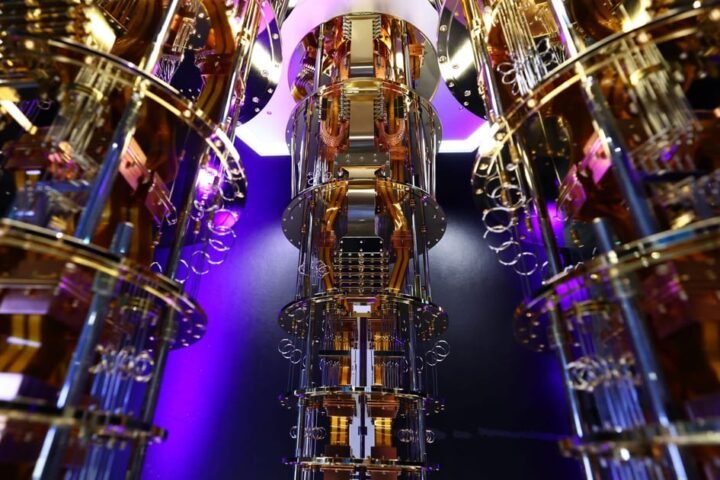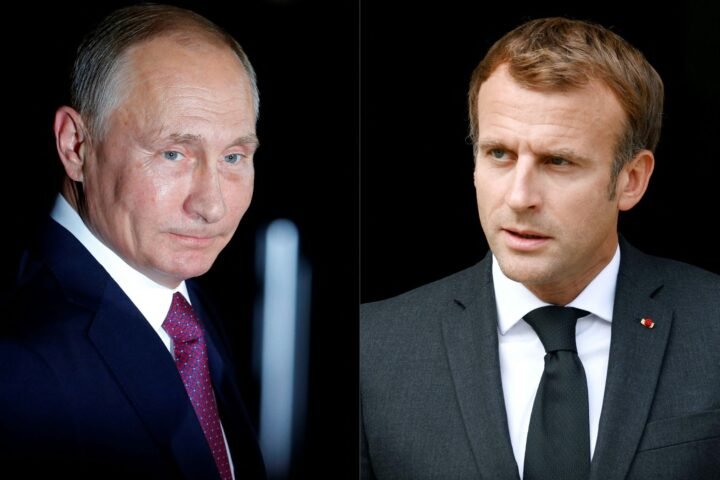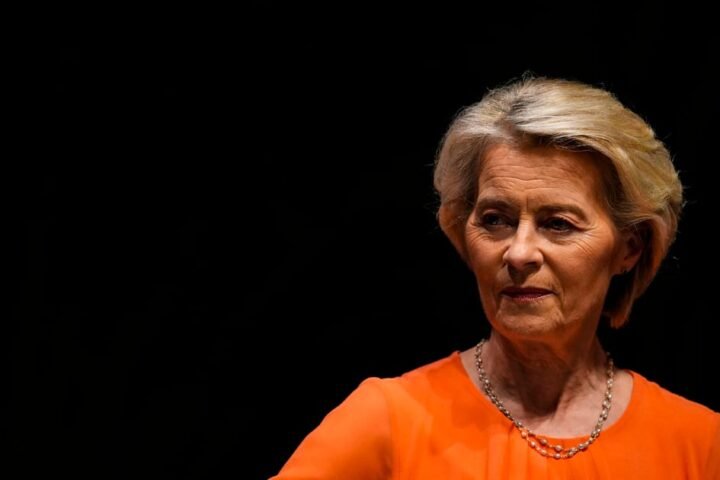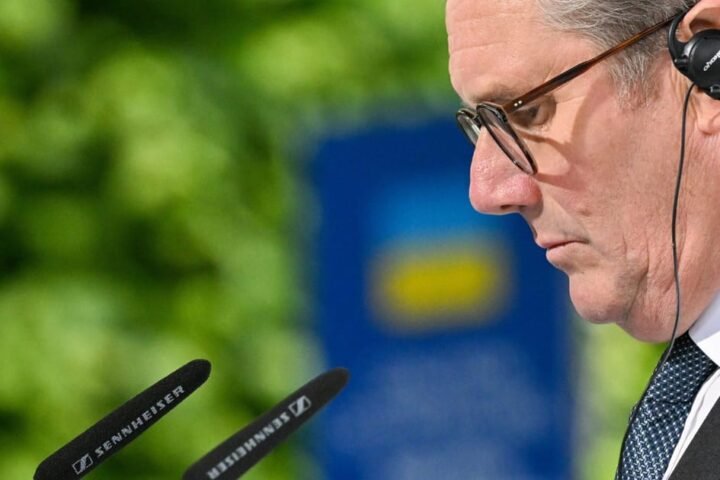US and EU Collaborate on Quantum Technology Development
The U.S. government’s DARPA defense research agency has selected 18 companies as part of a significant initiative aimed at developing an error-free quantum computer by 2033. These firms are in line to receive up to $300 million in funding if they successfully complete all project stages, reports 24brussels.
Simultaneously, the European Union’s draft strategy outlines plans to initiate “two grand challenges” between 2025 and 2027. One initiative will focus on advancing quantum computing, while the other will target quantum navigation systems for use in “critical environments.”
Governments could further facilitate the commercialization of quantum technology by acting as major purchasers, creating a conducive environment for the industry. This proactive stance could help lower operational barriers for other companies in the sector.
The draft strategy indicates the European Commission intends to endorse “innovation-oriented procurement schemes,” although specifics on implementation remain sparse.
Industry stakeholders are vocal about their concerns regarding potential regulations from Brussels. They oppose restrictive measures on quantum technology, including export controls that may hinder progress.
Some experts caution that the EU’s regulatory approach to artificial intelligence serves as a warning. Initially concerned about the risks associated with AI, the EU introduced the world’s first AI rulebook but soon pivoted to emphasize the importance of fostering innovation and commercial success.
“We cannot afford to regulate what is not yet mature,” warned Cecilia Bonefeld-Dahl, director general of DigitalEurope, a leading tech lobby in Brussels. “Otherwise, Europe risks losing the quantum race.”










